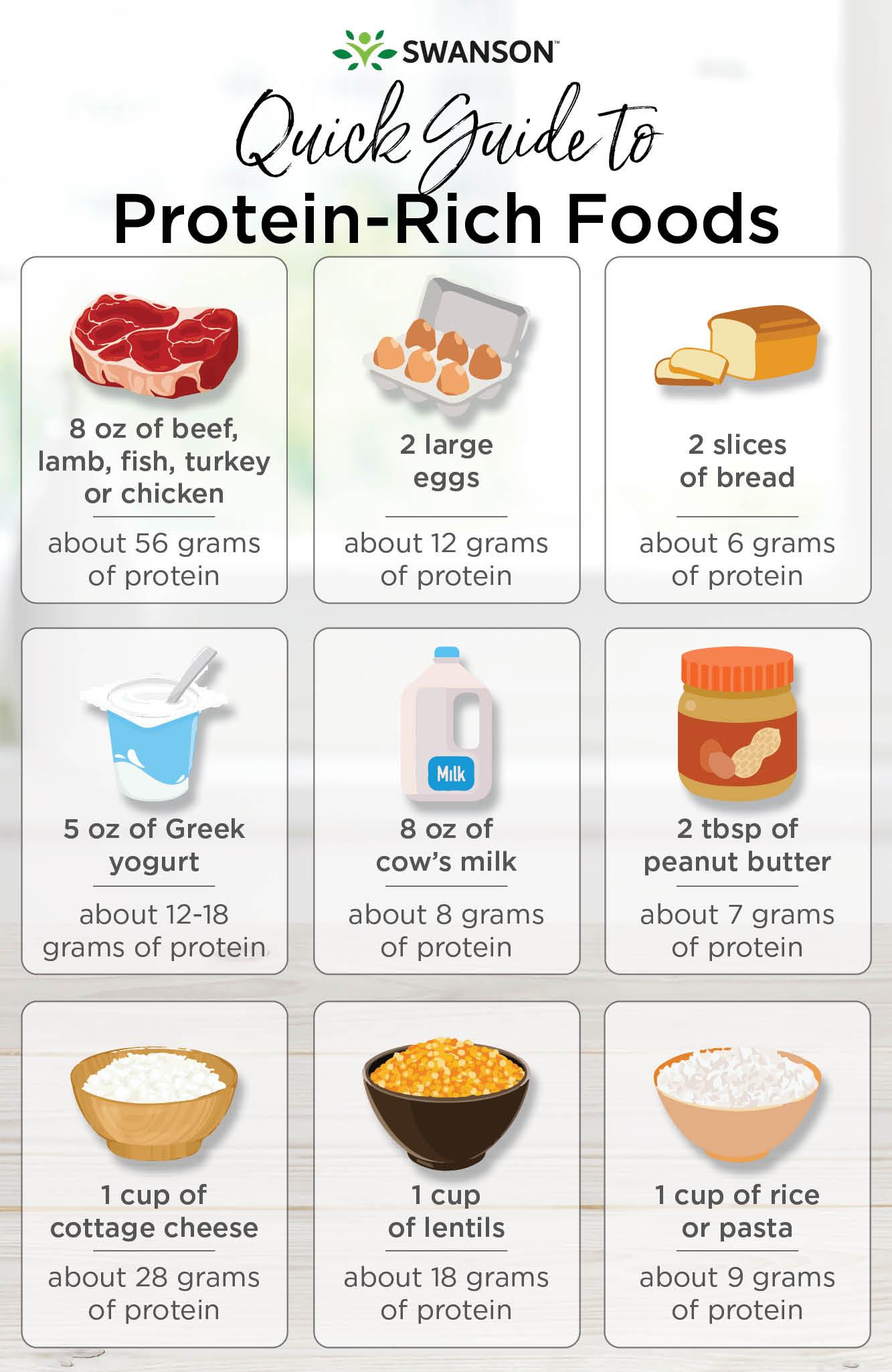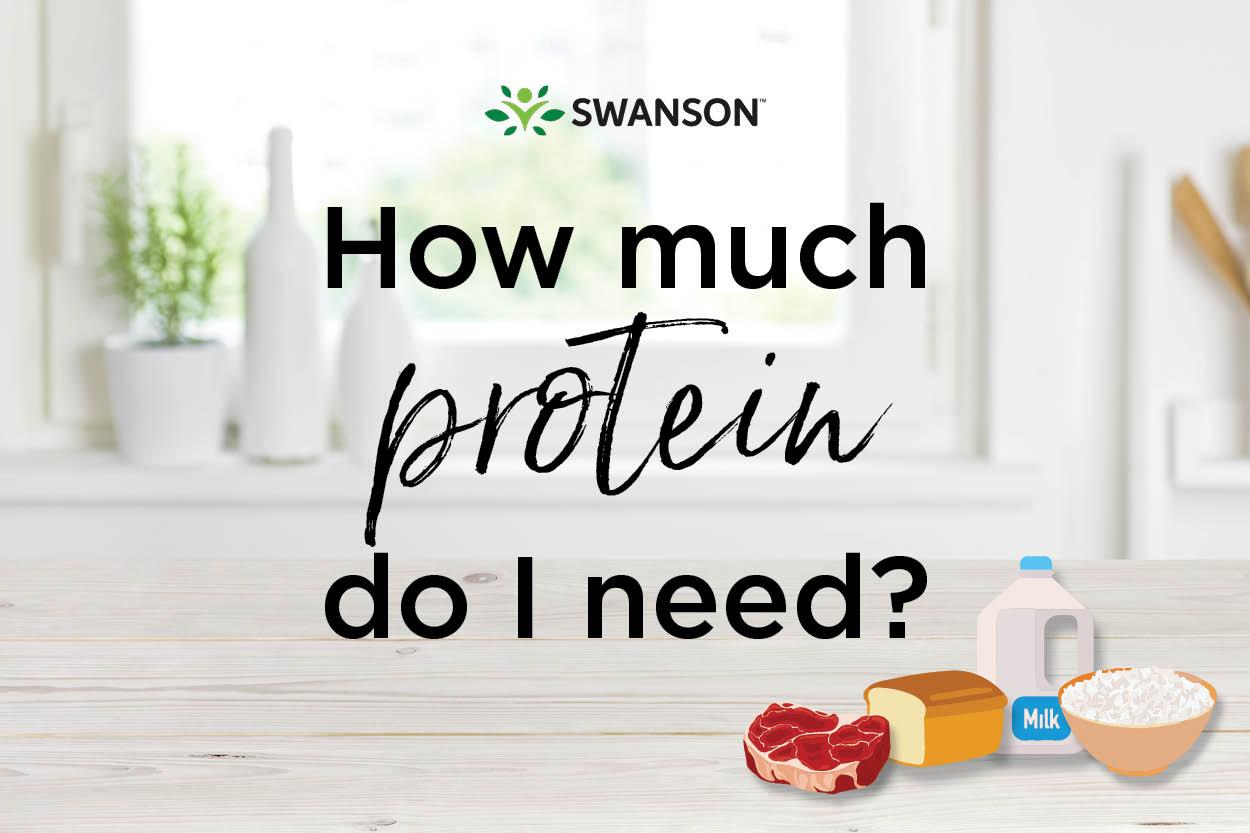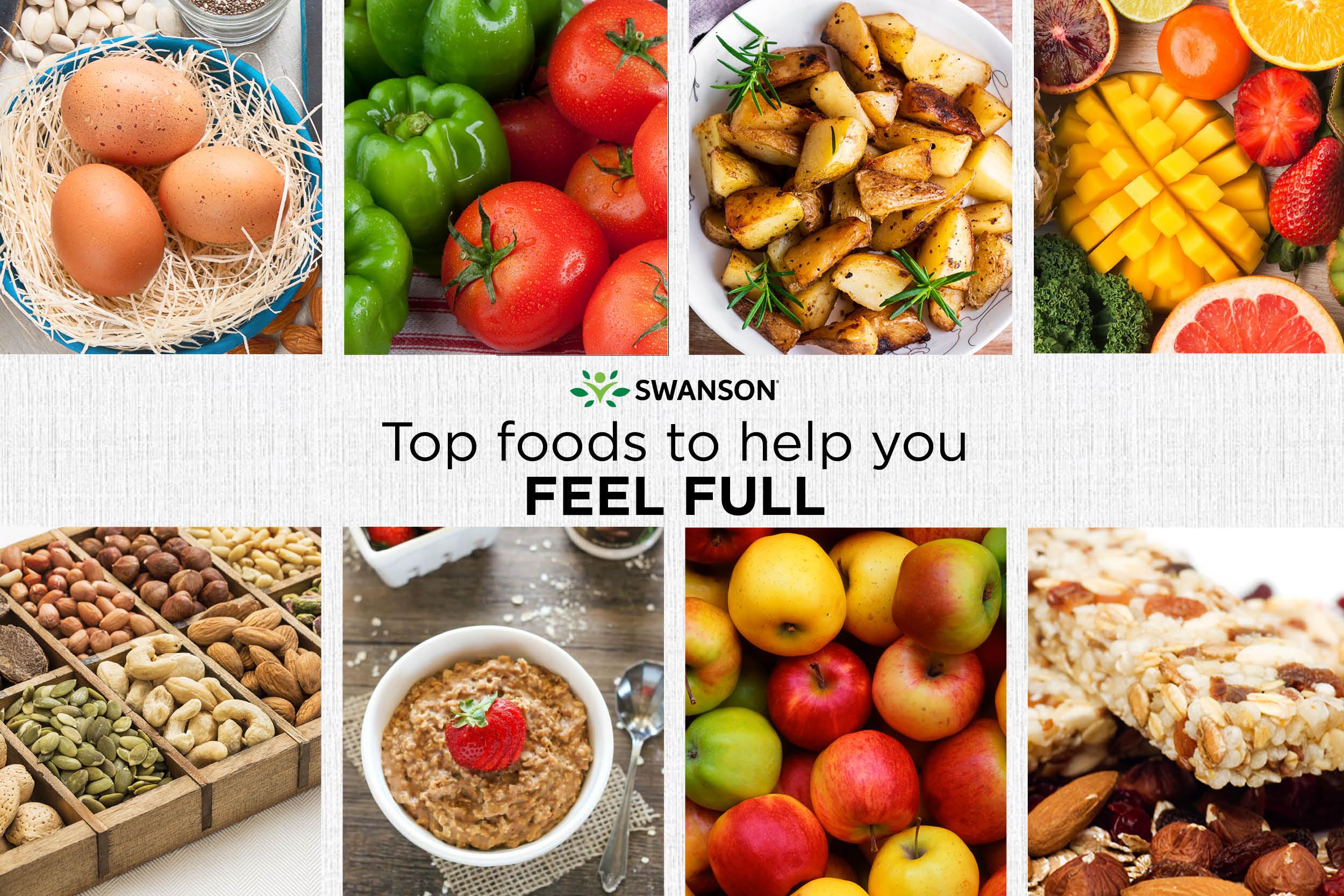How Much Protein Do I Need?
To give an idea of how important protein is to the human body, consider the word’s origin: protos. That’s Greek for “first,” as in of foremost importance. Protein is responsible for the muscles throughout your body, as well as other parts like hair, hormones, blood, all manner of connective tissues and even the enzymes that power your digestive system.1
Despite all that, most people continue to equate protein with bodybuilding, powerlifting and “bulking up.” True, protein is an essential part of any bodybuilder’s nutrition plan, but protein is equally essential for everyone. The question is, how much protein do we really need?
The answer to that question depends on your own particular genetics and lifestyle.
Why Do We Need Protein?
We’ve all seen protein powders in stores—some specific for meal replacement, some for gym goers—but what is this supplement actually composed of?
Protein is a compound made up of over twenty amino acids like carbon, hydrogen and nitrogen. You may see some options on the shelf like “complete proteins,” which means that they include the nine essential amino acids that cannot be made by the human body.
As one of the crucial building blocks of our muscles, bones, skin and more, protein is essential for basic bodily functions. This nutrient helps grow and repair tissue as well as supports muscle growth and fuels cellular energy.
Without protein, you may find yourself feeling muscle fatigue and weakness, exhaustion and even a weakened immune system since protein can help build antibodies and support T-cell activity.2
How Much Protein Do I Need Daily?
Depending on some factors such as activity levels, weight or nutritional needs, the amount of protein recommended can vary from person to person. This is in part due to the metabolic requirements of tissues and muscle.
How Much Protein Does the Average Person Need?
On average, most people need about 0.36 g of protein per pound of body weight. So for example, if you weigh 150 lbs. you should aim to get 54 g of protein in your diet per day. A great way to meet these needs is by trying to get roughly 15-20 g of protein in three square meals each day or by adding a protein shake into your diet.
How Much Protein Does a Pregnant Woman Need?
Women who are pregnant should increase their daily intake of protein to about 60 g per day.3 It's also recommended that breastfeeding women increase their protein intake to about two to three servings per day.4 This increase will allow their bodies to cope with the demands faced by pregnancy and breastfeeding in a way that will better ensure the continued health of both mother and baby.
How Much Protein Do Athletes and Active People Need?
Broadly speaking, athletes should aim for about one gram of protein per pound of body weight each day. So, for example, if you weigh 150lbs, your target protein intake might be about 150 g.5
For bodybuilders, the guidelines are a little different depending on factors like age, weight, etc. In general, bodybuilders are recommended to consume about 25-35% of their daily calories in the form of protein.6
Women will need slightly less than males, even as athletes. It's always good, therefore, to consult with your doctor before beginning any major health regimen.
How Much Protein Do You Need to Build Muscle?
If you’re not necessarily an athlete, but still want to grow and maintain muscle mass, your protein needs are in between that of an athlete and an average person. Along with a consistent exercise routine, you’ll want to get around 0.5 to 0.8 g of protein per pound of body weight in order to build muscle. Which means if you weigh 150 lbs., you’ll want about 75-120 g of protein a day.
General Guidelines
In general terms, most Americans consume sufficient amounts of protein each day, whether from diet or even protein supplements like pea protein or whey protein. Generally speaking, the average man should consume about 56 g per day, while the typical woman needs about 46 g of protein per day.7 For both men and women, it's recommended that about 10-35% of daily calories come from protein-rich foods.8
Which Foods are High in Protein?

Here's a quick list of some foods which are high in protein to help you make sure you're getting enough each day:9
Adding More Protein to Your Diet
It can be tough to incorporate the recommended daily amount of protein into your diet with just food alone, especially if you are looking to increase muscle gain. Whether you’re hoping to build more muscle over time or simply include more protein in your diet, protein powders and supplements can help you reach a variety of wellness goals.The Takeaway
Protein is one of the most foundational and important elements of your body. Making sure you consume enough of it each day is equally important.
As a good rule of thumb, protein can be sourced from a variety of meat and dairy products, but plant-based sources are just as plentiful and important to remember. Protein supplements can also be useful to plug any gaps that may exist in your healthy diet. Here's to your continued success!
You be well, now
Swanson
*These statements have not been evaluated by the Food and Drug Administration. These products are not intended to diagnose, treat, cure, or prevent any disease.
Sources
1. Protein. Harvard School of Public Health. Read source
2. Amino Acids and Immune Function. The British Journal of Nutrition. Read source
3. Eating Right Before and During Pregnancy. UCSF Health. Read source
4. Nutrition Tips for Breastfeeding Mothers. UCSF Health. Read source
5. Protein and the Athlete. Academy of Nutrition and Dietetics. Read source
6. How Much Protein Does a Bodybuilder Need? Healthy Eating. Read source
7. Protein. Physicians Committee for Responsible Medicine. Read source
8. How Much Protein Do I Need? Mayo Clinic. Read source
9. Protein Content. Johns Hopkins Medicine. Read source




